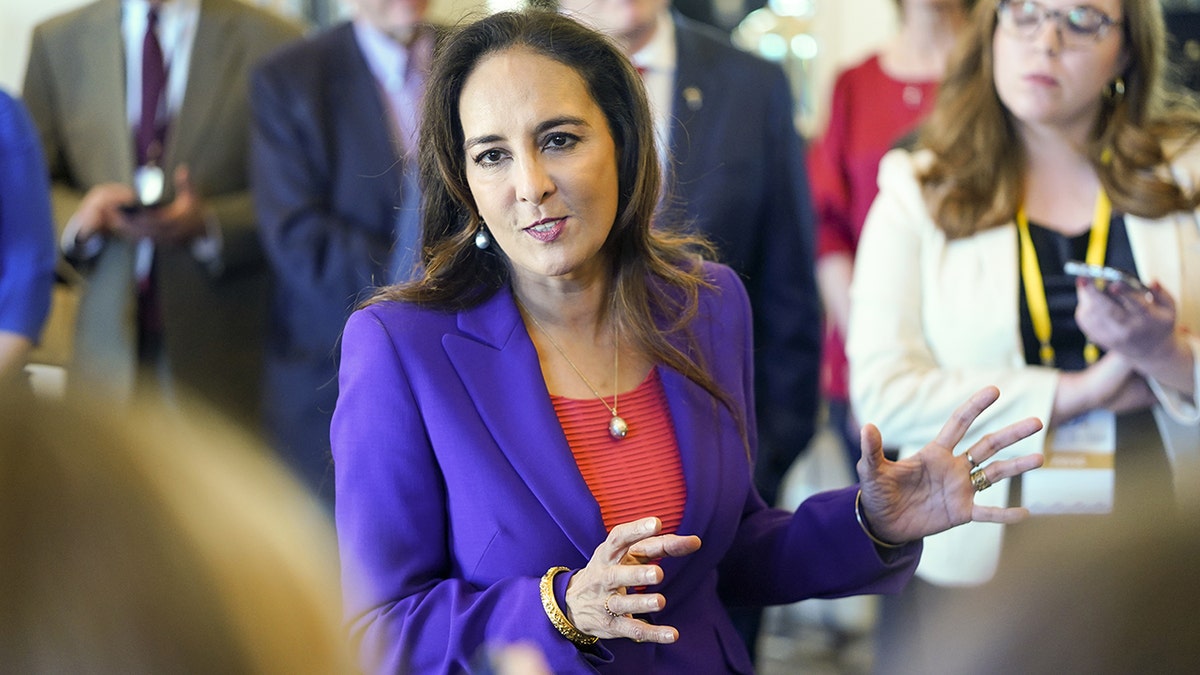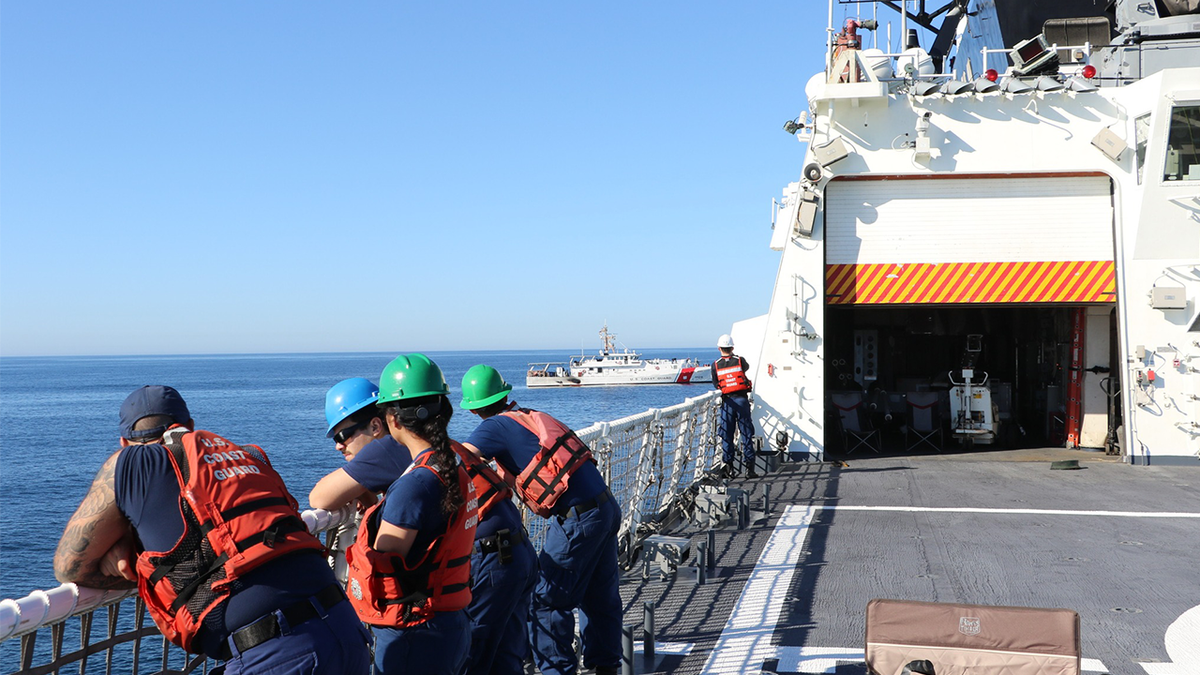Tensions between Israel and Turkey have flared up following Ankara's criticism of Israeli military activities in Syria, coinciding with Turkey's increased operations within the war-torn nation. This escalating conflict exacerbates the strained relationship between the two countries, raising concerns about regional instability and the future of U.S.-backed Kurdish forces combating ISIS.
The Turkish Foreign Ministry recently condemned Israel's expansion of settlements in the Golan Heights, labeling it an "expansion of borders through occupation." Turkey called on Israel to adhere to the 1974 Disengagement Agreement, which established a cease-fire between Israel and Syria. Israeli Prime Minister Benjamin Netanyahu, however, declared the agreement null and void, asserting its irrelevance after Syrian President Bashar al-Assad's forces withdrew from their positions during the Syrian civil war. Netanyahu views the Golan Heights as a crucial security zone and essential to Israel's defense against Iran and Hezbollah, both active in Syria.
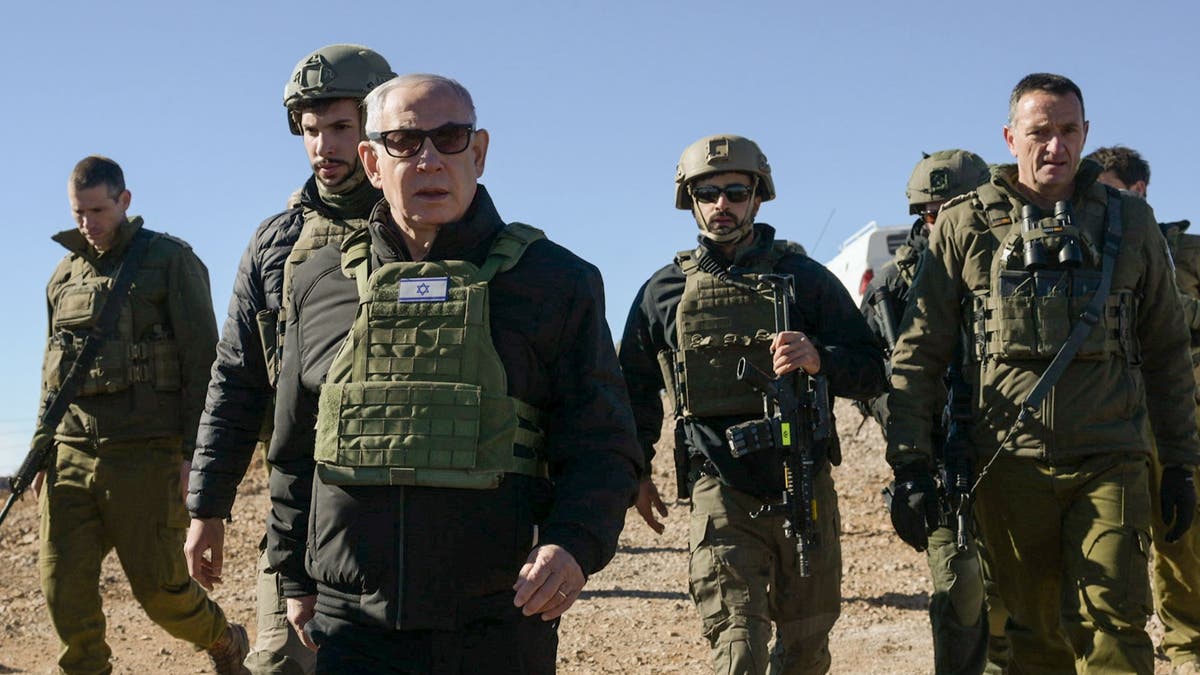
Israel's Foreign Ministry retorted on X, pointing out Turkey's significant encroachment into Syrian territory, estimating Turkish-backed control over approximately 15% of Syria. The ministry highlighted the use of Turkish currency, the operation of Turkish banks and postal services, and Turkish military bombardments of infrastructure in northeastern Syria. Israel further accused Turkey of supporting jihadist forces against Syrian Kurds, concluding that Turkey has no grounds to criticize occupation in Syria and condemning Turkish aggression against the Kurds.
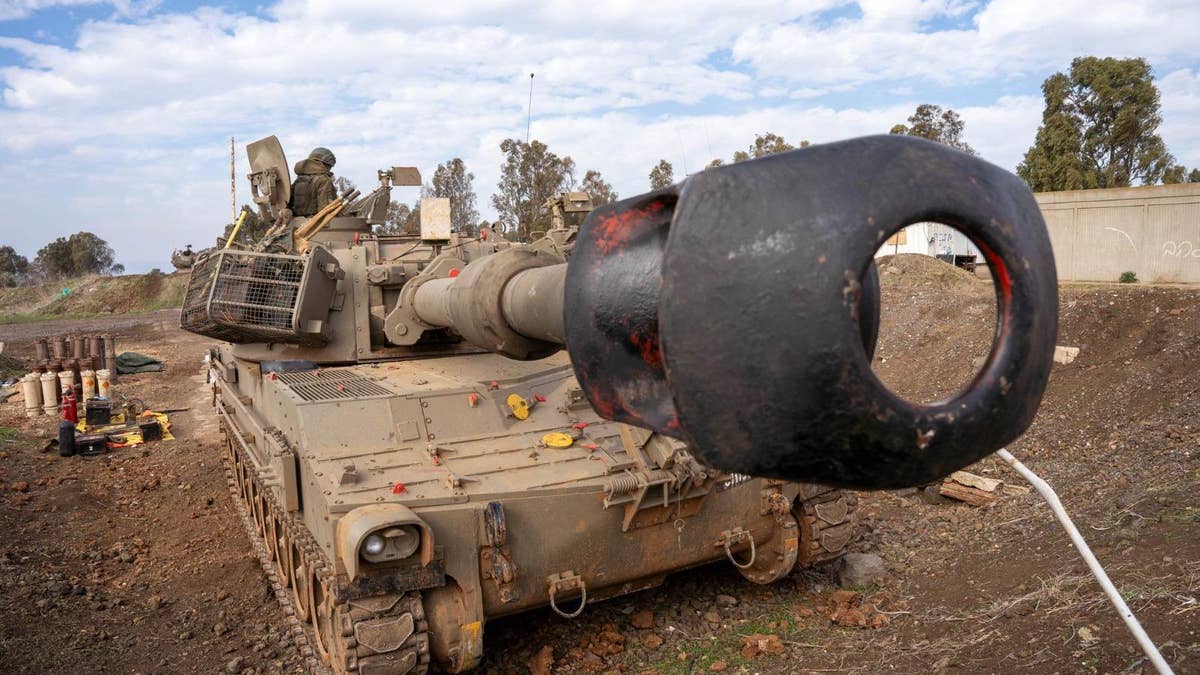
This heated exchange signifies a deterioration in bilateral relations. Gallia Lindenstrauss, a senior research fellow at the Institute for National Security Studies, described the current state of affairs as the lowest point in decades. She noted Turkey's unprecedented complete trade ban on Israel in May, severing direct ties between the two nations. Turkish President Recep Tayyip Erdoğan's rhetoric, including his support for Hamas and accusations of "genocide" in Gaza, has further inflamed tensions.
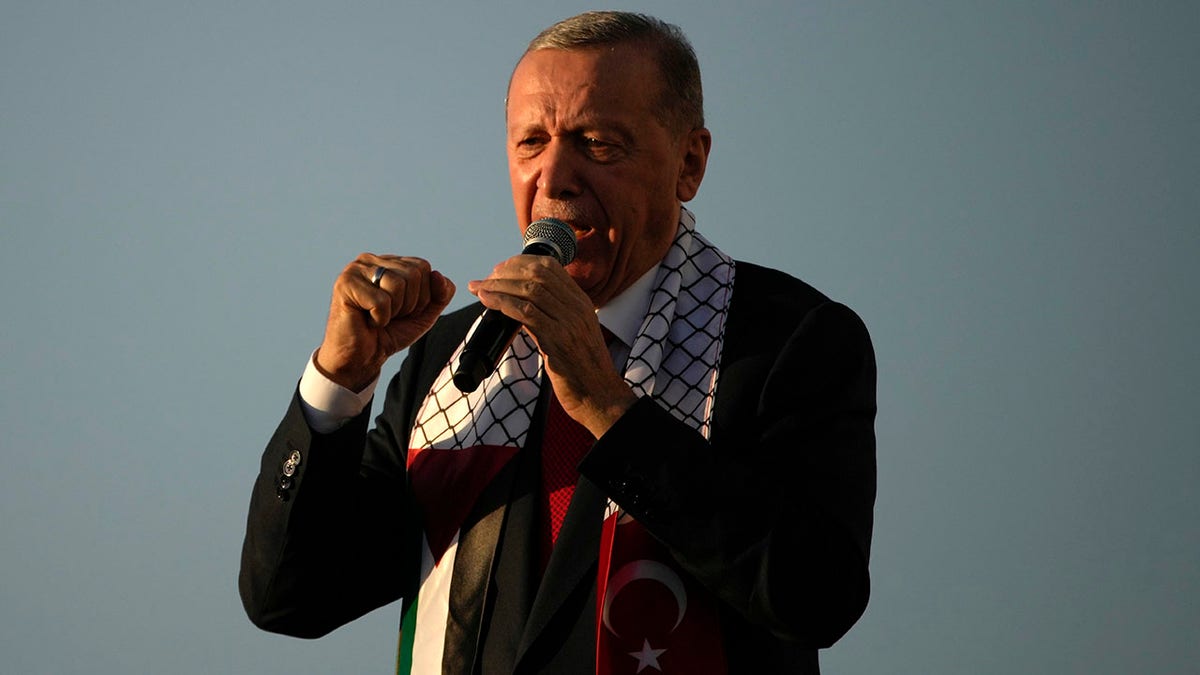
Erdoğan's call for a united Islamic front against Israel, labeling it a threat to global peace, and Turkey's military buildup in northern Syria have heightened Israeli concerns. Lindenstrauss suggests that Turkey's ambitions in the region are expanding, raising questions about the extent of its influence. She also points to Turkey's reliance on Qatar for financial support, crucial for its continued involvement in Syria.
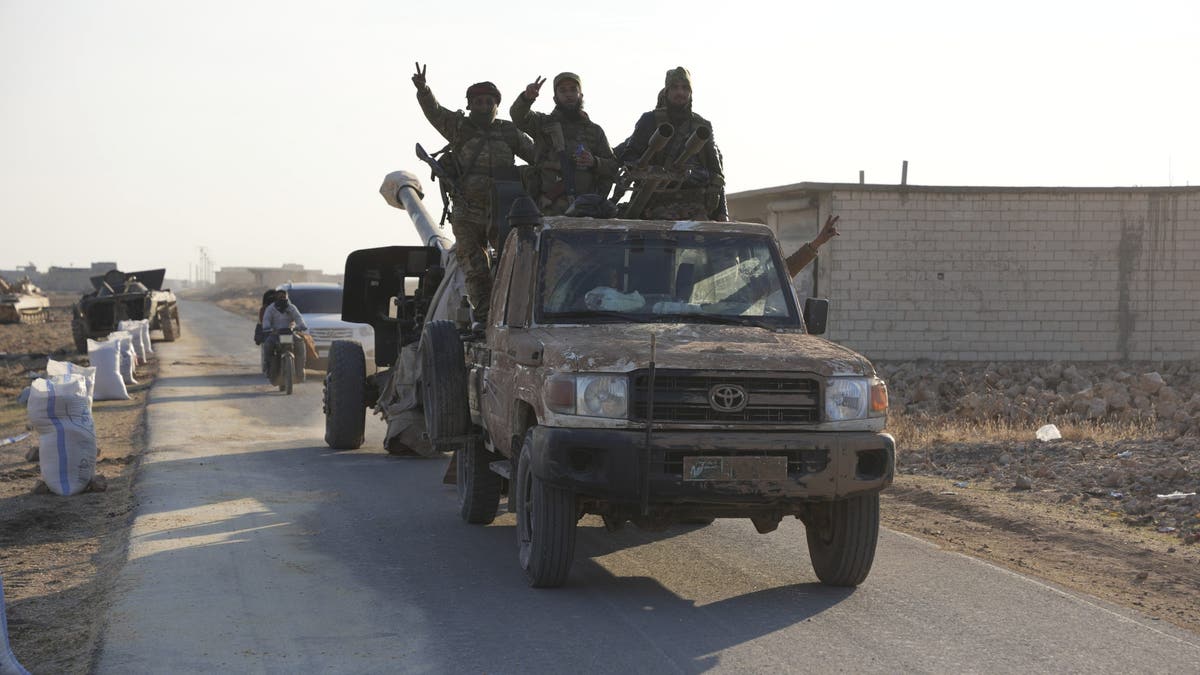
Turkey's primary objective remains dismantling Kurdish control in northern Syria, particularly around Kobani. This strategy mirrors its 2019 incursion, which resulted in the displacement of numerous civilians. Lindenstrauss underscores the importance of Kurdish-controlled prisons holding ISIS fighters, crucial for the U.S., Israel, and the West, and warns that weakening Kurdish control could destabilize the region and allow ISIS to resurge.
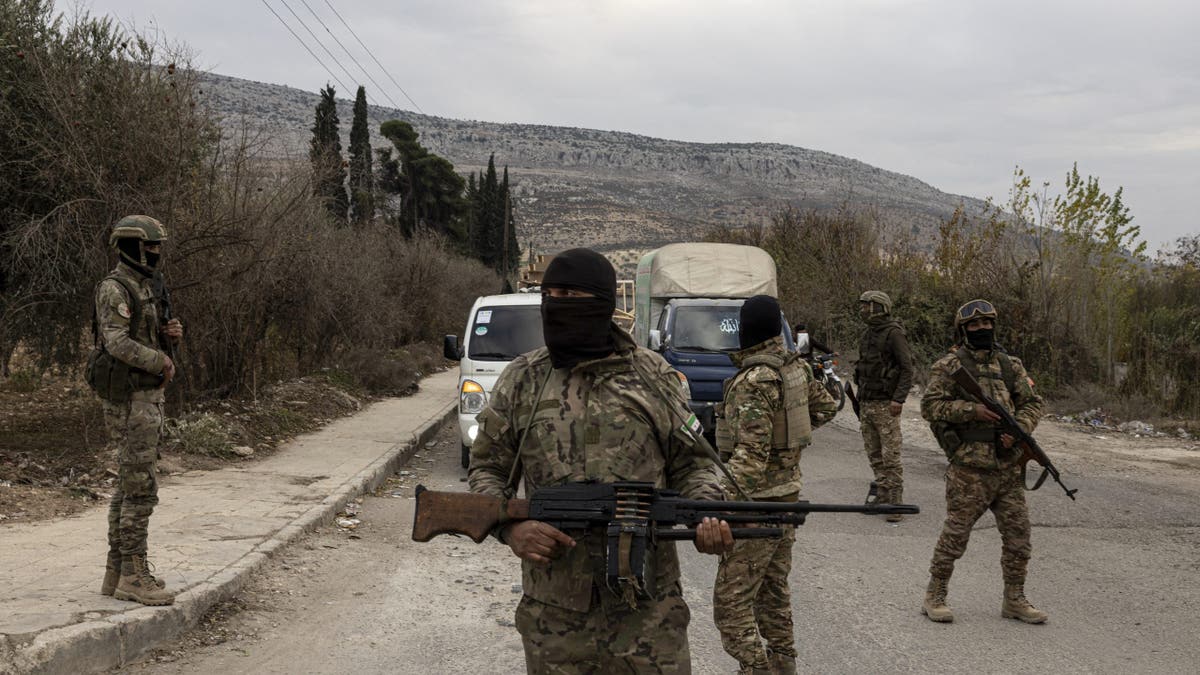
As Turkey's presence in Syria grows, the potential for clashes with Israel increases. Dr. Hay Eytan Cohen Yanarocak of Tel Aviv University’s Moshe Dayan Center draws parallels to Turkey’s interventions in Libya and Azerbaijan, highlighting the heightened risk of unintended confrontations should Turkish forces approach Israeli operations or allies. Despite the escalating rhetoric, experts believe both nations have a shared interest in avoiding direct conflict. Lindenstrauss points out their differing geographical focuses in Syria and suggests the need for deconfliction channels, similar to those established with Russia, to mitigate friction. However, Yanarocak cautions about the potential for further deterioration, emphasizing the need for vigilance.





